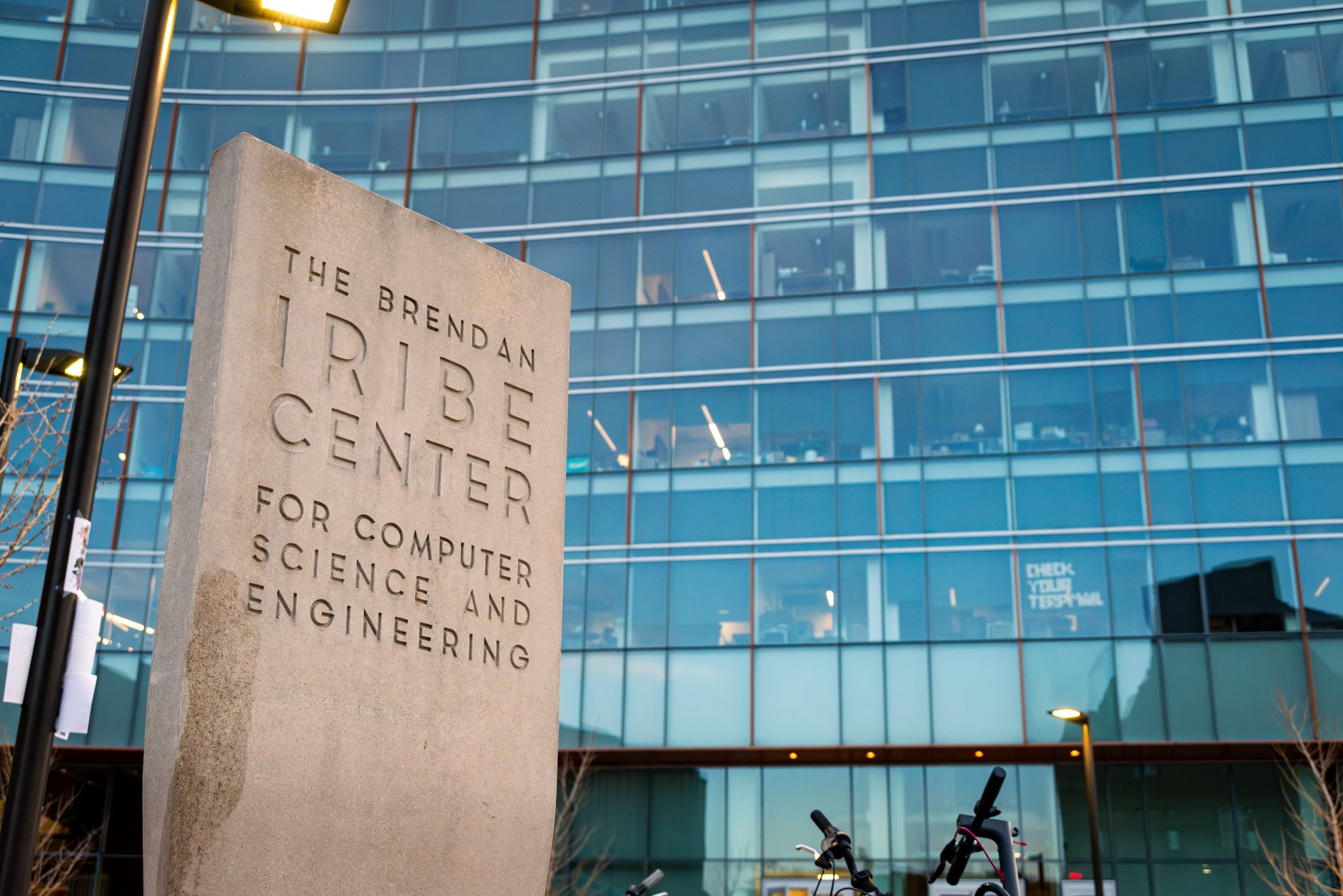Views expressed in opinion columns are the author’s own.
If you remember being a high school senior, you probably don’t look back fondly on the college application process. It’s grueling, stressful and, in many cases, highly arbitrary. The University of Maryland computer science department’s new admissions standards only amplify all of this.
Starting this fall, only 600 first-year students and 100 transfer students will be admitted to the major, compared to 450 first-year students and 1,000 transfer slots available previously.
This is a direct yet flawed response to the department’s massive over-enrollment. Solving the problem is essential, but this policy fails to do so in an equitable way. Instead, the department should establish stringent but clearer standards for acceptance and transfer into the major.
In practice, incoming freshmen can’t major in computer science if they aren’t accepted directly into the major. Sticking around for at least a year finishing limited-enrollment programs requirements is too much of a gamble — the department itself deems it “highly unlikely” for a student to be able to switch their major to computer science.
Students must decide between giving up on the computer science major or finding another university to enroll in. This policy effectively means turning away many qualified individuals.
While this policy does a disservice to current and prospective direct enrollment students, it inflicts far more damage to community college transfer students. Just last year, over 9,000 Maryland community college students transferred to schools in the University System of Maryland alone. Now, competition for the major’s 100 transfer slots will be so intense that many interested students won’t even bother applying to transfer here.
This means more than just a reduction in seats. This university was founded as a public university, sustained by Maryland taxpayers as a means of educating the state’s people. Community college students seeking to continue their education are a part of the population this university is funded to educate. By drastically reducing the number of community college students, this university rejects its obligations as a public university.
This policy doesn’t create a department where majors are passionate, diverse and engaged. Instead, it aggregates those who had enough exposure to the field at 18 years old with an application that looked good enough to an overworked admissions officer. What if your school didn’t offer a computer science class, or you only learned you liked computer science two years into college? Too bad — you shouldn’t have come to this university. The new policy sacrifices investing in students with high but unrealized potential in the name of reduced enrollment.
The computer science department should scrap this arbitrary policy and implement a process that allows room for growth, instead of selecting students based on how they appear on a college application and closing the door on everyone else. A policy combining a limited-enrollment program’s suite of courses for first-year students and a GPA cutoff for automatic admission to the major would help make the department a more diverse, engaging place.
First and foremost, this solution would reduce overcrowding. While it wouldn’t do so as drastically as the department’s current policy, it would still shrink class sizes. A GPA requirement more stringent than the current C- one ensures everyone gets the chance to try computer science, but only those who both enjoy the subject and excel in it continue onwards.
High school seniors wouldn’t then doubt whether they could pursue computer science at this university. The path to the major is clear — take the introductory courses and succeed. If they’re unsure if computer science is for them, they still have a year to take computer science classes and gauge their interest.
This policy would also better serve transfer students. They would no longer be at a disadvantage compared to students with more computer science experience — everyone is judged solely by performance in prerequisite courses. With this university’s tutoring and support services, transfer students would be on a more equal playing field with incoming freshmen under this program.
Under this policy, current students interested in the major would have a clearer path to joining it, encouraging a greater diversity of thought. Computer science can benefit from the lessons of other disciplines, from philosophy to physics, and a policy allowing in students from other disciplines will make this university a better place.
Instead of pitting incoming freshmen against transfers — instead of admitting based on experience rather than talent — it’s time to open up computer science to all.
Ben Dodge is a freshman computer science major. He can be reached at bdodge1@terpmail.umd.edu



